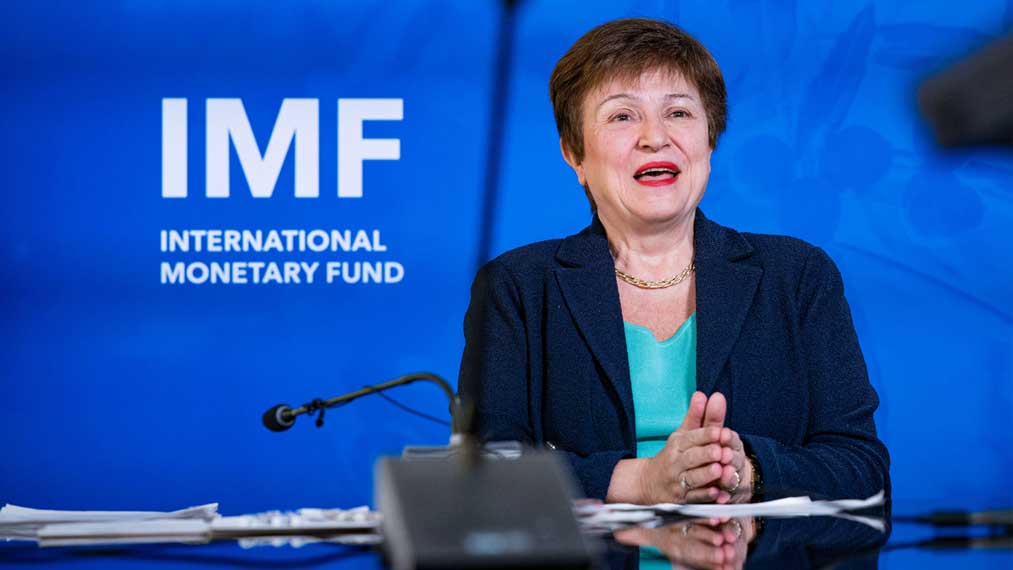The International Monetary Fund (IMF) has called on governments and finance ministers of member states to use fiscal policy tools to curb the rate at which they borrow to finance their budgets.
The IMF’s Deputy Managing Director, Gita Gopinath made the call in her introductory remarks for the conference, “Fiscal Policy in an Era of High Debt,” in Washington, obtained by THE WHISTLER.
Advertisement
Gopinath said debt levels had been rising across countries for some time which she said calls for caution as to where countries borrow from especially the non-Paris club creditors like China, India, and Saudi Arabia.
According to her, since the mid-1970s, global public debt tripled to reach 92 percent of GDP by the end of 2022.
She said, “Rising deficits and debts in countries such as the United States have serious ramifications for emerging and developing economies, who are hit by rising rates and weaker currencies. And many economies, particularly low-income countries, are already in debt distress.
“The combination of record-high global debt levels, higher for longer interest rates, and weak growth prospects poses a triple challenge for policymakers. In a shock-prone world, very few countries will have the fiscal space to support their economies.
Advertisement
“To help our 190 member countries navigate these challenges, we need a renewed focus on fiscal policy to make sure it is fit for purpose.”
The IMF Deputy MD explained that demands on government budgets are increasing—from delivering social support to financing the green transition, to bolstering defense spending and a renewed push for industrial policies.
She said, “It is politically difficult to cut spending or raise taxes—debt-financed spending may still seem tempting. But that would be a grave mistake, setting debt on an unsustainable trajectory as borrowing costs rise sharply.
“Revenues also need to keep up with spending. For our part, the IMF must balance our cautionary policy advice with an understanding of the economic and social forces underpinning these political choices.”
She alluded to how in the past two years, central banks have grappled with how to address elevated and persistent inflation levels.
Advertisement
Gopinath said in several cases, fiscal policymakers have not been in sync with monetary policymakers which she believes has complicated the fight against inflation.
She advised governments to evaluate vulnerabilities arising not only from public debt levels, but also from the composition of debt including the identity of creditors, currency and maturity composition that apply.
The IMF Deputy MD added, “The change in the creditor landscape, with a growing number of non-Paris club creditors like China, India, and Saudi Arabia, has implications for the processes involved in debt restructuring.
“While important progress has been made, a lot more is needed for countries to receive timely debt relief.”



